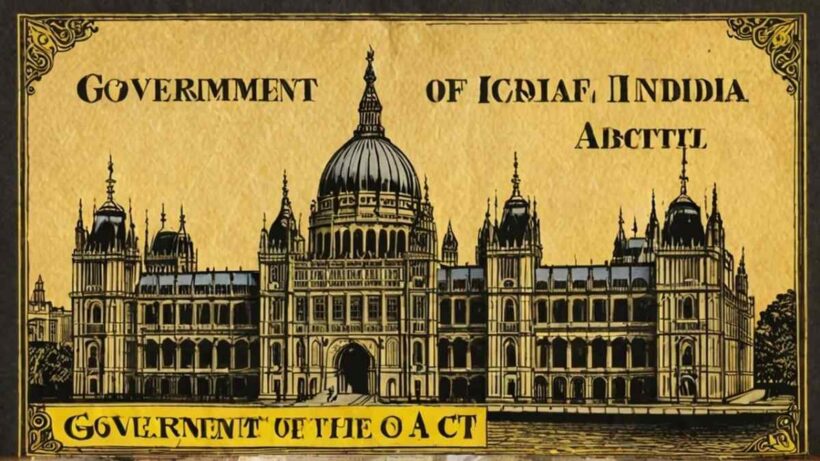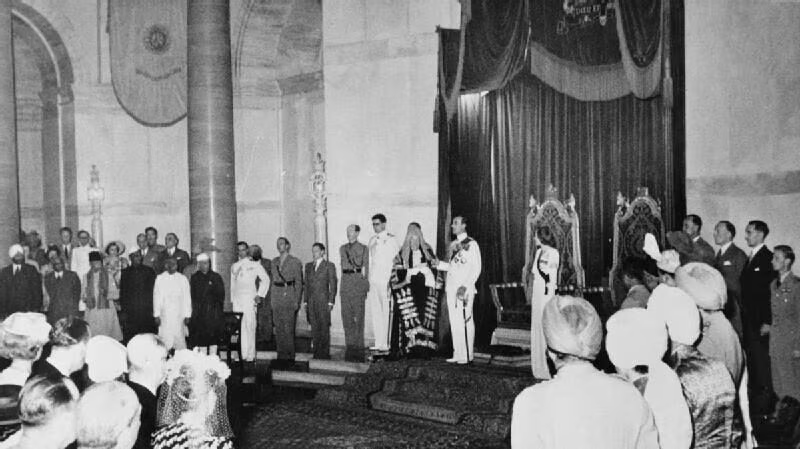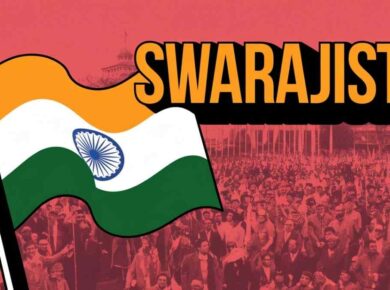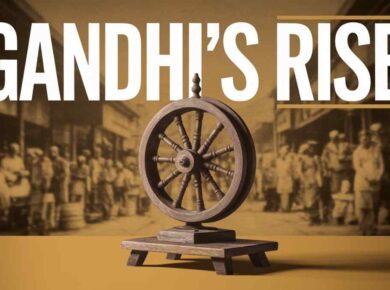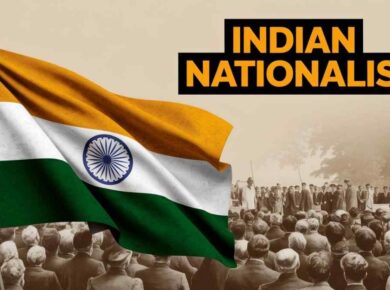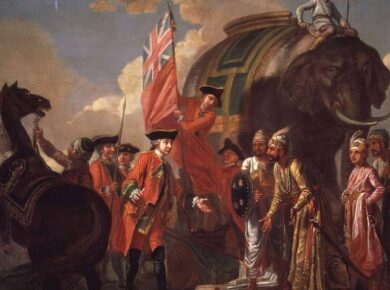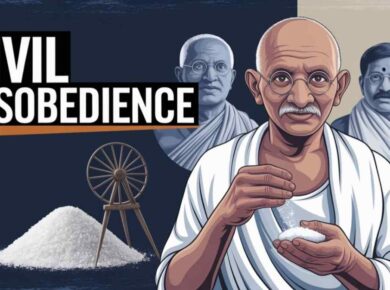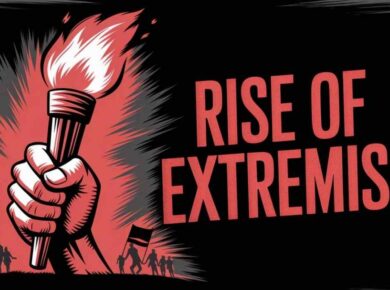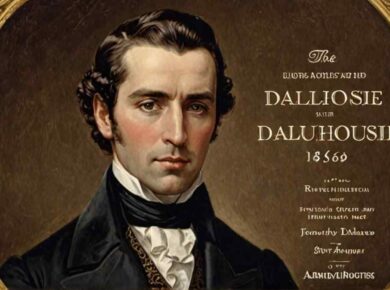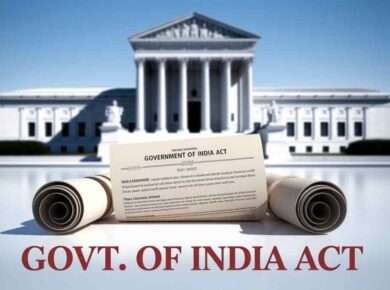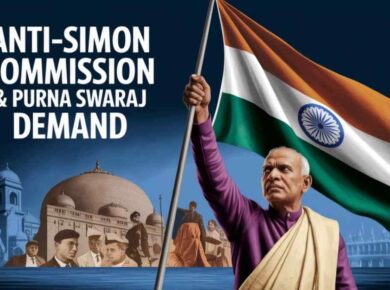Government of India Act, Indian Councils Act, Lord Lytton
Government of India Act 1858
- Indian administration was transferred to British crown instead of East India company
- general was titled Viceroy of India; Hence Lord Canning got the unique opportunity to be the Gov. general as well as Viceroy of India
- The viceroy was to be assisted by an executive council whose members were to act as the heads of various departments, as well as viceroy’s official advisors
- In England, the Court of Directors and Board of Control were abolished & replaced by Secretary of State for India and India Council.
- The Secretary of State would be a member of the British cabinet. Sir Charles Wood was made the first Secretary of State for India.
- India Council consisting of 15 members would assist him.
- All initiatives and final decisions rested with the secretary and the council was only advisory in nature.
- Thus, the dual system introduced by Pitt’s India Act of 1784 came to an end
Queens Victoria’s proclamation → Magna Carta of Indian people
- Lord Canning proclaimed the new government at Allahabad in Nov 1858 in accordance with the Queens Victoria’s proclamation viz.
- Disclaimed any further expansion of territory, Promised religious tolerance
- Endorsed the treaty made by the Company with Indian prince and promised to respect their rights, dignity and honour.
- Pledged equal treatment of all her subjects.
- Equal and impartial protection of law
Indian Councils Act of 1861
- A fifth member, who was to be a jurist was added to viceroy’s executive council
- Governor-General’s Executive Council was enlarged into a Central Legislative Council
- Six to twelve “additional members” were to be nominated by the Governor-General.
- Not less than half of these members were to be non-officials/Indian members
- Thus, a provision was made for the inclusion of Indians in the Legislative Council
- Functions of these members were strictly limited to making legislation (subjected to viceroys approval)
- They were forbidden from interfering in the matters of the Executive Council.
- They did not possess powers of administration and finance.
- Legislative Councils were also established in the provinces.
- The number of additional members in the provinces was fixed between four to eight.
- By means of this act people of India came to be involved in the law-making process
Lord Mayo 1869-1872
- For the first time in my Indian history census was held in 1871
- Opening of the Rajkot College in Kathiawar and the Mayo College at Ajmer for political training of Indian princes.
- Establishment of Statistical Survey of India.
- Establishment of Department of Agriculture and Commerce.
- Introduction of state railways.
- In 1872, a convict Sher Ali stabbed him to death at Port Blair.
Lord Northbrook (1872-1876)
- Deposition of Gaekwad in 1874
- The famous Kuka movement
- Visit of Prince of Wales
- Abolition of income tax
- Famine in Bihar and Bengal in 1873-1874
Lord Lytton 1876 – 1880
- Famine of 1876-78 had resulted from the failure of two monsoons.
- Outbreak of cholera and fever added to the misery of the suffering population.
- Foundation of the Mohammedan Anglo-Oriental College was laid by Lord Lytton in 1877 at Aligarh
Royal Titles Act (1877)
- Queen Victoria assuming the title of ‘Kaiser-i-Hind’ or Queen Empress of India at Delhi Darbar.
- Delhi Darbar, also known as the Imperial Durbar, it was held three times at the height of the British Empire viz.
- 1877 for Queen Victoria
- 1903 for Edward 7 and Alexandra
- 1911 for George 5 & Mary
First Famine Commission (1878-80)
- 1st Famine Commission (1878-80) was appointed under Sir Richard Strachey
- It advocated including provision of funds for famine relief and construction work in annual budget.
Vernacular Press Act (1878)
- Empowered magistrate to secure an undertaking from the editor, publisher and printer of a vernacular newspaper that nothing would be published against the English Government
- If done so, Equipment of press would be seized, hence crushed Freedom of Indian press
Second Anglo Afghan War
- Britishers emerged victorious
- Famous for Treaty of Gandamak
- Afghan policy of British resident at Kabul
- This was aimed to thwart expansion by the Russian Empire into India
Arms Act 1878
- Prevented Indians to keep armaments without appropriate license
- Europeans & Anglo Indians were exempted from these acts
Uniform Salt Tax
- Introduced uniform salt tax throughout British India
- Abolished many trade import duties which adversely affected Indian Industries & its economy.
For more updates, explore the Ancient India History. Feel free to share your thoughts and comments.
If you’re passionate about building a successful blogging website, check out this helpful guide at Coding Tag – How to Start a Successful Blog. It offers practical steps and expert tips to kickstart your blogging journey!
